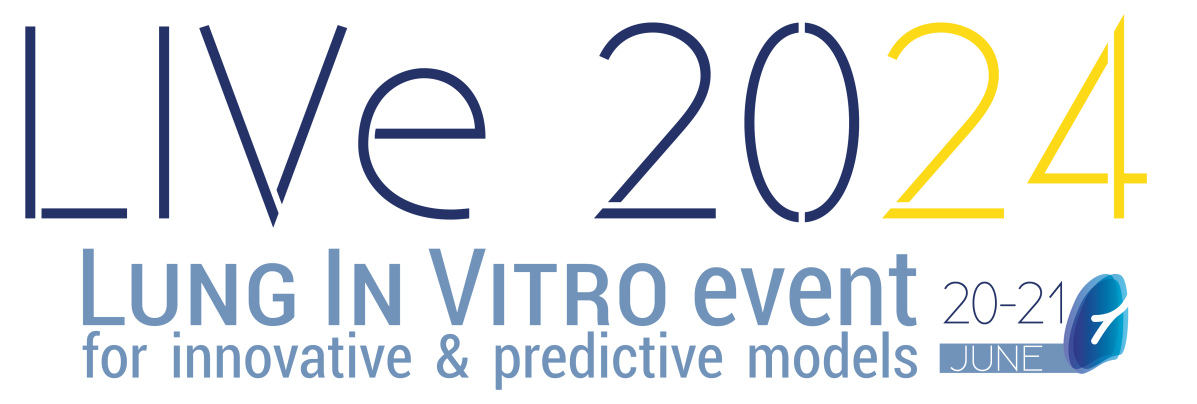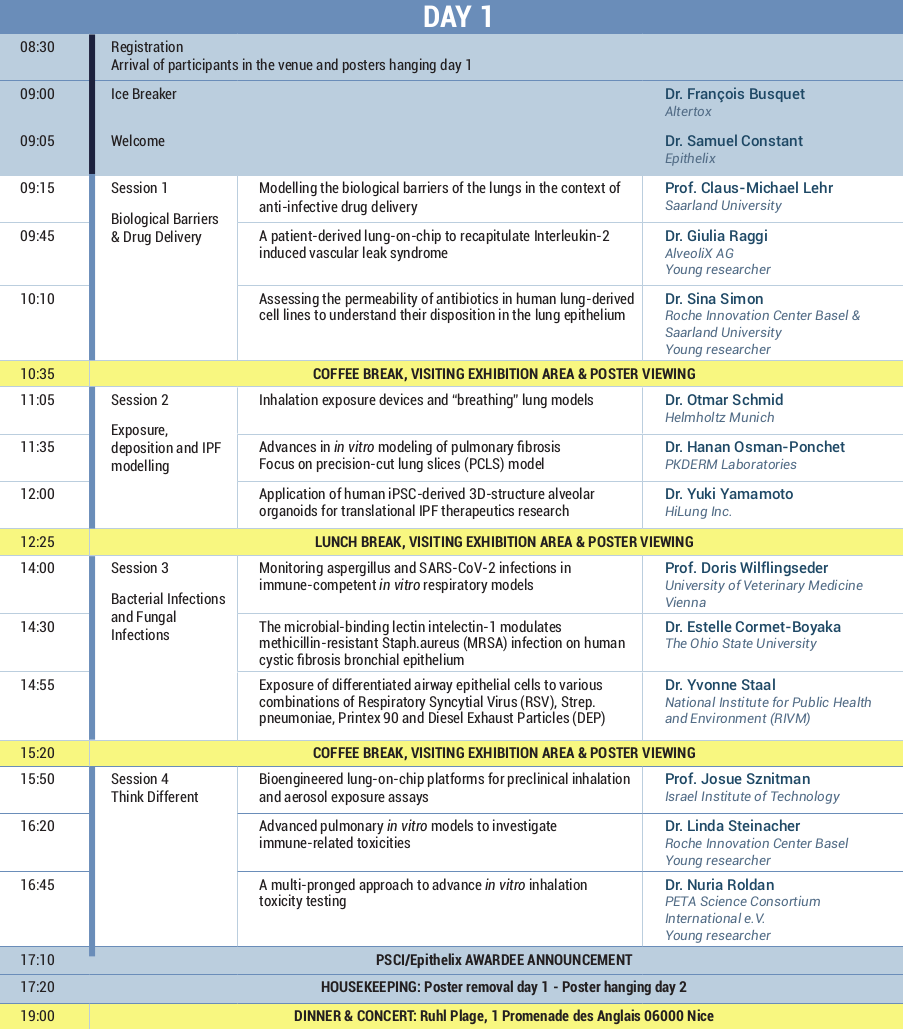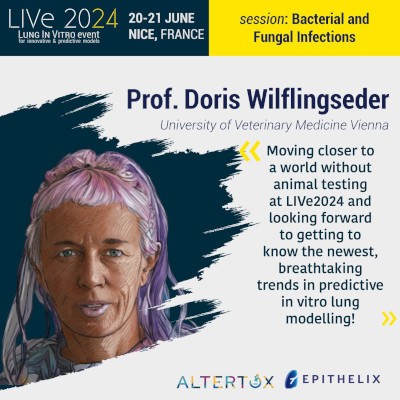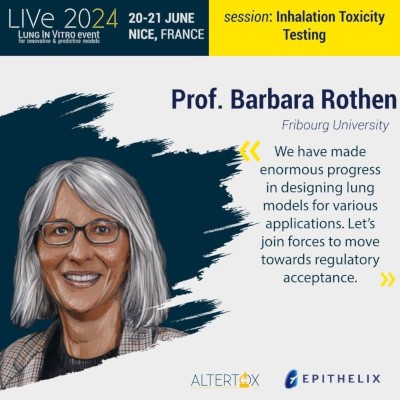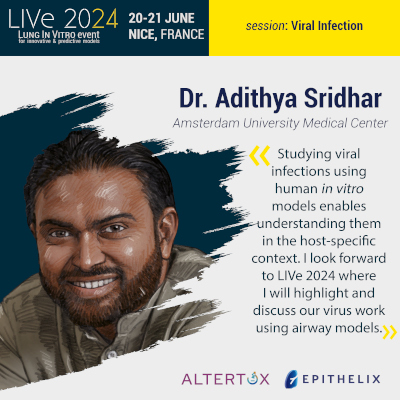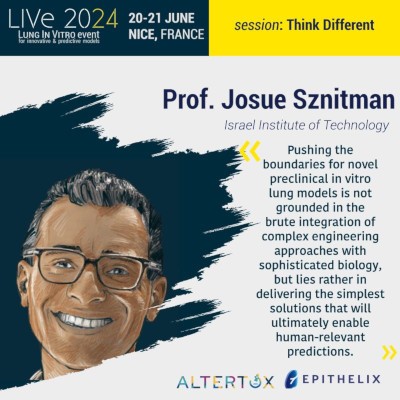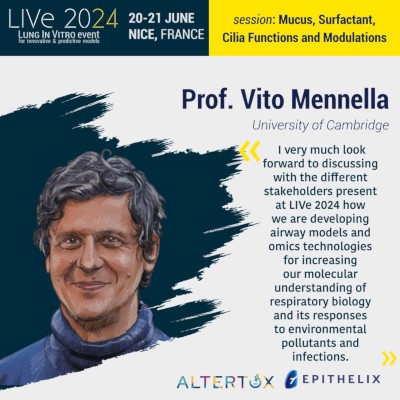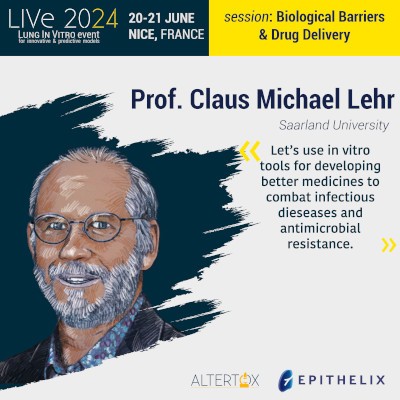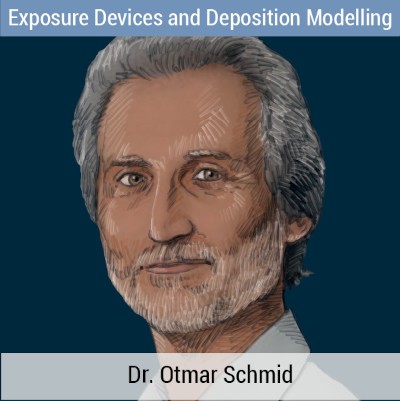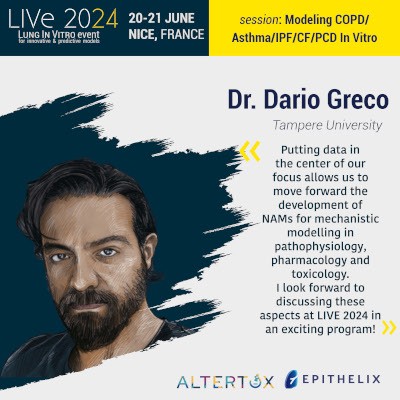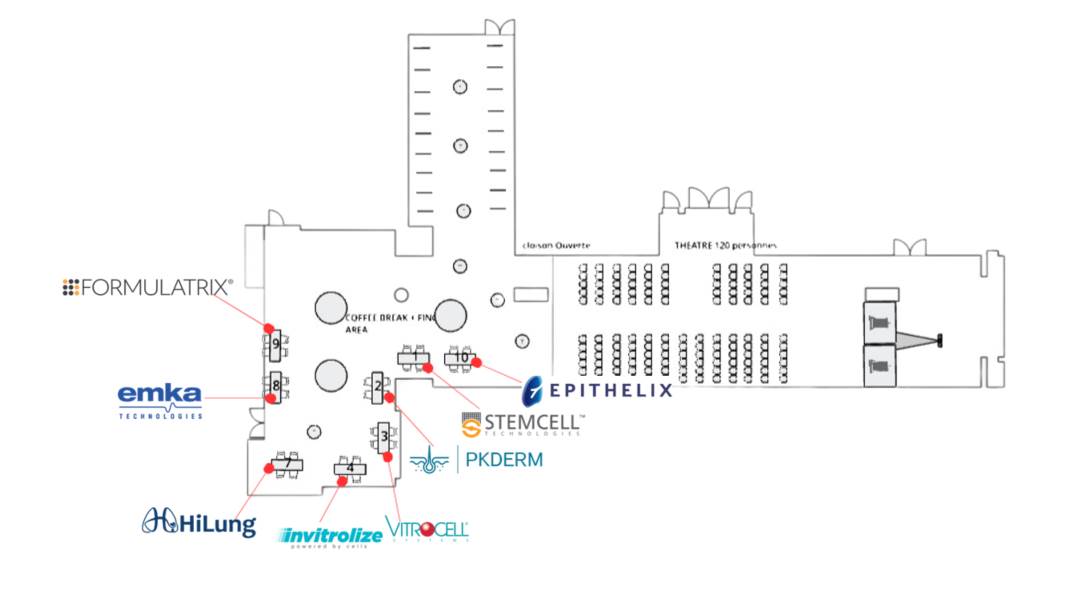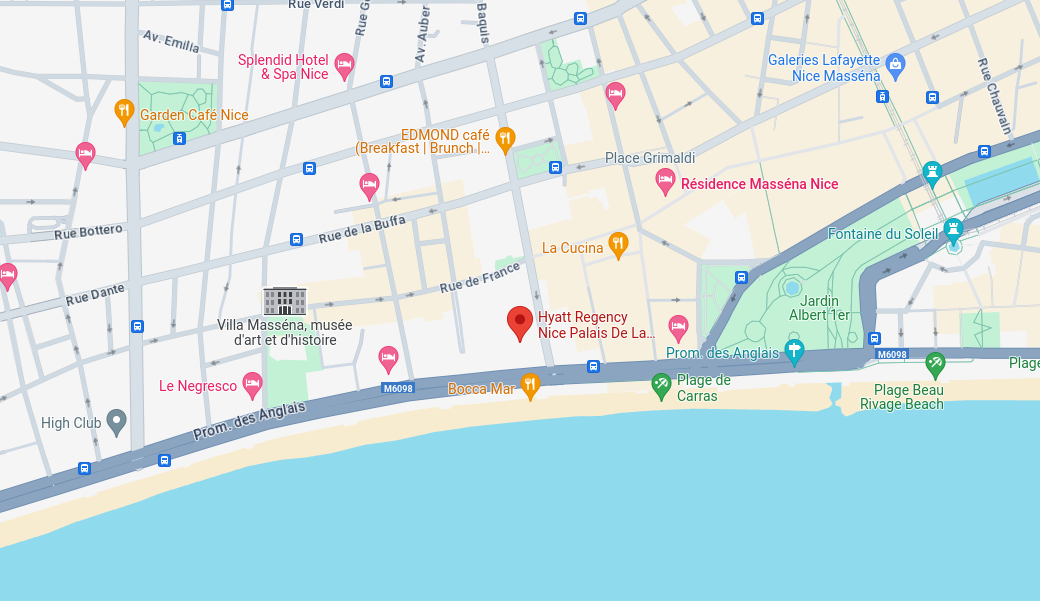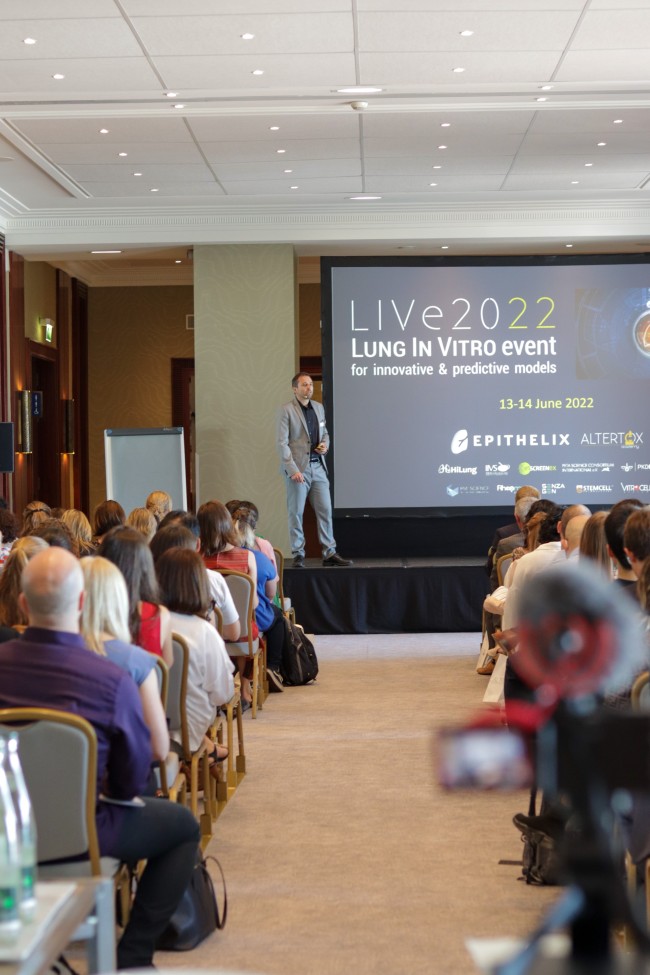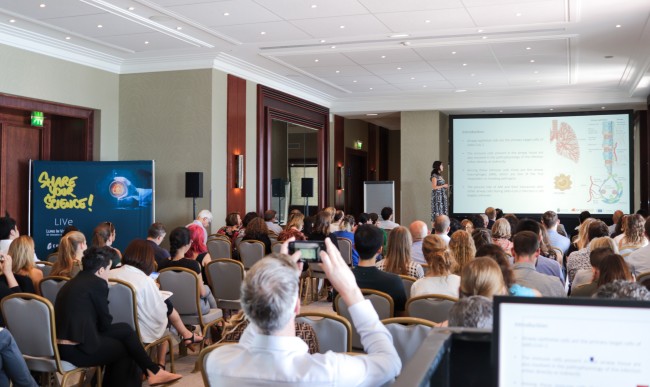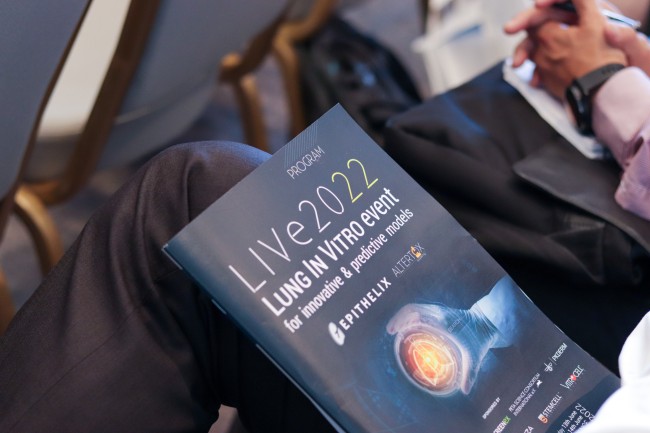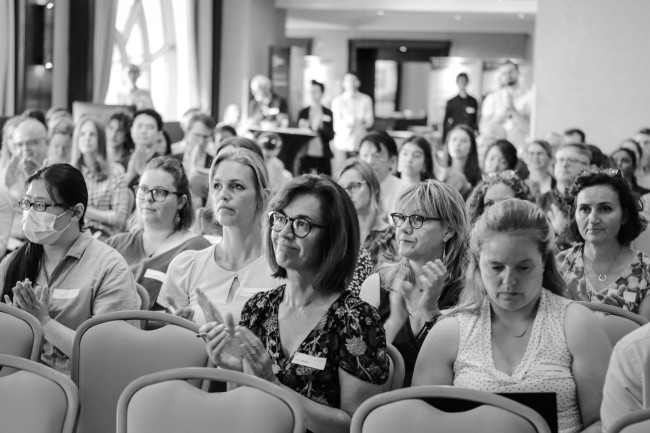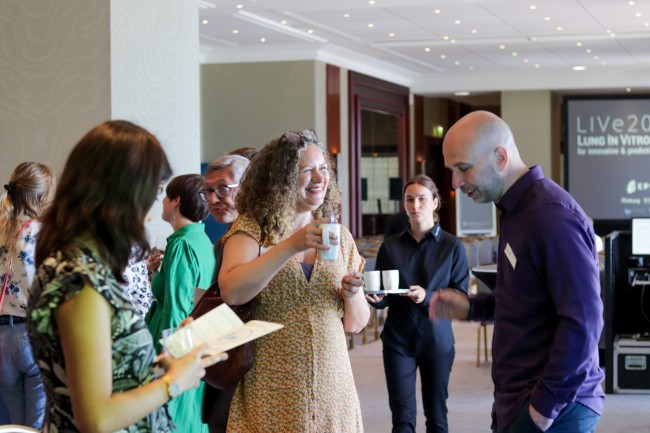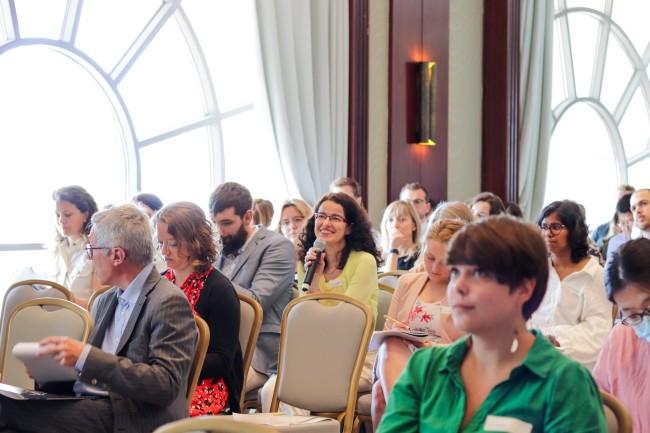Prof. Dario Greco
Dario Greco (b. 1978) is professor of bioinformatics at the Faculty of Medicine and
Health Technology, Tampere University, and the director of FHAIVE, The Finnish Hub for
Development and Validation of Integrated Approaches (https://www.fhaive.fi). He is also
professor of pharmaceutical bioinformatics, Faculty of Pharmacy, University of Helsinki,
principal investigator at the Institute of Biotechnology, University of Helsinki,
Finland, and the coordinator of the Finnish 3R Centre (https://www.fin3r.fi). To date,
he published over 190 peer reviewed articles, reviews, and book chapters in the areas of
nanotoxicology, toxicogenomics, drug discovery, network biology, data modelling and
bioinformatics which were cited over 11,000 times (h-index 50). To date, he has
completed the supervision of 10 PhD theses. FHAIVE is currently composed of over 30
people, including senior scientists, postdoctoral fellows, PhD and MSc students,
technicians, and administrative staff. As principal investigator, Greco received funding
from the Academy of Finland, the EU (HE, H2020, Green Deal, ERC, and IMI2 programs), the
Novo Nordisk Foundation, the Finnish Red Cross, the Finnish Government for a total of
over 15 M€ for the period 2013 – 2024. Among the ongoing projects, he leads the European
Research Council (ERC Consolidator) project ARCHIMEDES (2022-2027), focused on
developing in vitro and computational NAMs and IATA for pulmonary fibrosis. Moreover,
Greco is the coordinator of the EU HE INSIGHT project (2024 – 2028), coordinator of the
EFSA funded TULI project (2024 – 2027), and deputy coordinator of the EU HE CHIASMA
project (2024 – 2028), focused on the development of an integrated SSbD framework and
NAMs to replace animal experiments in biomedicine, toxicology, and pharmacology.

